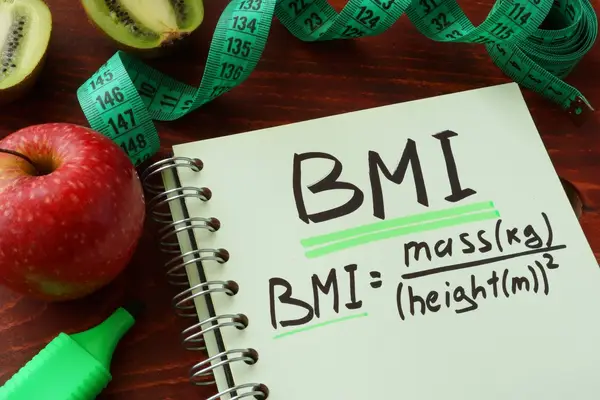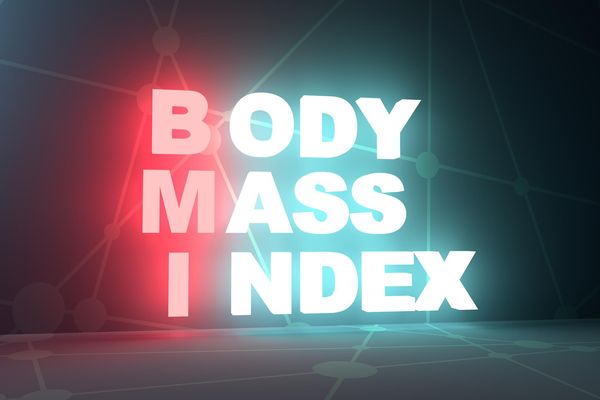A friend recently told me that her 17-year-old daughter is obsessed with The Food Network, and would like to one day run her own restaurant. She's become quite a cook, apparently, and presents her mom, who is a working single parent, with the most elaborate meals at the end of a long day.
But then she told me something that caused me some worry…that her daughter has a problem with food; she binges frequently. Either she starves herself, my friend told me, or she eats everything in sight. I don't know why, but for some reason this surprised me; perhaps because I thought that anyone who loves and understands food this much and is able to study it and create it is also okay with eating it and knowing how to eat it right.
But emotions run deep, I guess, and if being seventeen today is anywhere as difficult as being seventeen was when I was a kid, then they can run deep enough to screw with your eating habits. After all, so many 17-year-olds don't feel fully in control of their lives – far from it – and the loss of control filters down to other behaviors like eating. The compulsion of binge eating leads to feelings of disgust, self-hate and embarrassment. And it usually leads to a vicious cycle of restriction and eventually, even more bingeing.
It's not just teenagers who have this problem. The incidence of eating disorders is on the rise in the adult population, affecting more women than men. Some experts think that it is a drive for perfection, a rush to lose baby weight, an obsession with youth. Others think that genes can play a role.
At the end of October I'll be attending the fitness and healthy weight-loss spa, Green Mountain at Fox Run (www.fitwoman.com), to learn all about healthy living without dieting. I'm fortunate enough not to have a personal experience with an eating disorder, but my life has put me around many, many people who struggle with it every single day. It's a fascinating, complex issue. And just so you don't have to wait until November to read about all I've learned at this unique place I thought I'd treat you to some information about emotional eating, published on their website, in the interim. After all, they're the experts on the subject – they been helping women make attainable lifestyle changes for 37 years.
Stopping Emotional Eating Break the all-or-nothing thinking of dieters and emotional eaters with strategies that foster normal eating. Is stopping emotional eating one of your biggest challenges to health and fitness? Or is it your attitude about emotional eating (often the result of dieting) that is causing problems? Take this simple quiz to gauge your emotional eating attitudes.
If you're like many of the women who come to Green Mountain at Fox Run, you answered yes to all these questions. But do you realize that a "yes" answer to the last two questions may be a bigger obstacle to your health and fitness than the fact that you do eat emotionally? Stopping emotional eating completely is not the goal. Emotional eating is normal. According to Ellyn Satter, MS, RD, CICSW, normal eating is giving yourself permission to eat sometimes because you are happy, sad, or bored, or just because it feels good. Think about it. What could be wrong with a soothing comfort food like hot cocoa after an afternoon of cross-country skiing or snowshoeing? Or the emotional pleasure you get from Valentine's candy from someone special? Or the comfort of a delicious meal after a stressful week at work?
When dieters believe they are being "good," they never eat emotionally. But when they fall off the wagon, they frequently fall prey to emotional overeating or bingeing. That's because they think they have failed - in other words, they emotionally react and turn to food to cope. If, on the other hand, dieters recognized that it's okay to sometimes eat emotionally (and eat foods other than diets usually allow), they would be less likely to emotionally react and turn to self-defeating behaviors, including more diets and disordered eating. Giving yourself permission to enjoy eating on occasions that have nothing to do with physical hunger is important to avoid feelings of deprivation. If you eat emotionally to excess, however, it's important to explore why, and begin to develop ways to cope that don't involve food. Alternative coping strategies, including new health and fitness behaviors, are key to stopping emotional eating in excess, and to help you become a normal eater. So enjoy your emotional eating on occasion. It's good for you! But if you tend to take it to extremes, read more about stopping emotional eating to discover why you may be doing so and how you can begin to change that habit. Here's to happy, healthy eating! |
Want to learn more on binge eating? Click here







